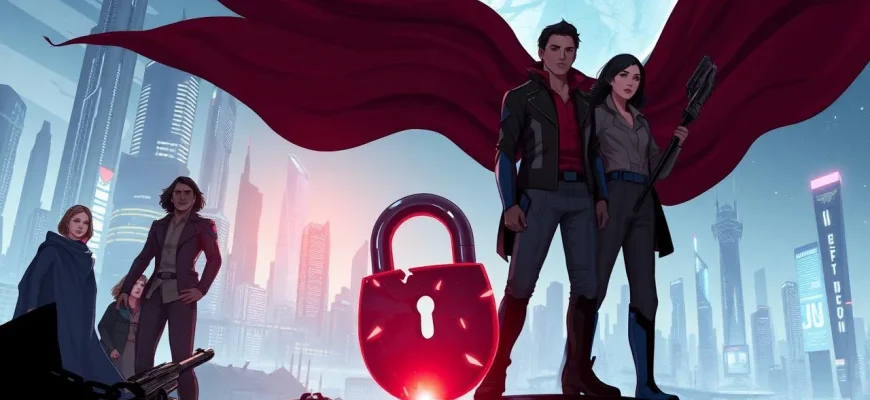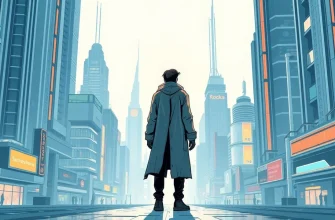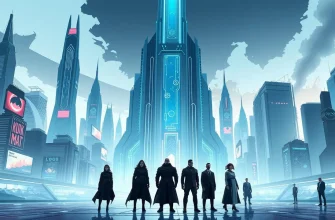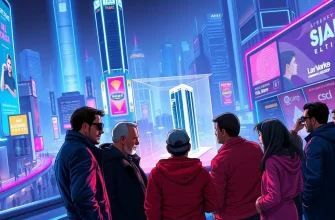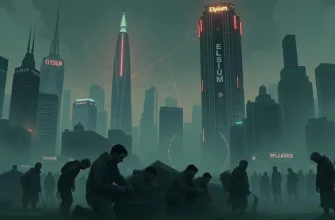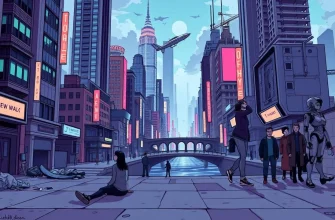In the realm of science fiction, the theme of strikes and uprisings often serves as a powerful narrative device, reflecting societal tensions and envisioning potential futures where the oppressed rise against their oppressors. This curated list of 10 films delves into various aspects of futuristic rebellions, offering a mix of dystopian settings, space operas, and cyberpunk landscapes. Each film provides a unique perspective on the struggle for freedom, justice, and equality, making them not only entertaining but also thought-provoking. Whether you're a fan of epic space battles or gritty, ground-level resistance movements, this collection has something for every sci-fi enthusiast.
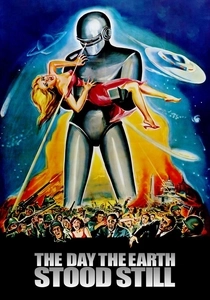
The Day the Earth Stood Still (1951)
Description: An alien visitor comes to Earth to deliver a message of peace but faces resistance and misunderstanding, leading to a global strike of sorts to make humanity reconsider its ways.
Fact: The film was remade in 2008, but the original is often considered more impactful for its Cold War-era themes and its message of global unity.
 Watch Now
Watch Now 
Brazil (1985)
Description: In a surreal, bureaucratic dystopia, a lowly clerk inadvertently becomes a fugitive and joins the resistance against the oppressive government.
Fact: The film's director, Terry Gilliam, had numerous conflicts with Universal Studios over the film's content, leading to a unique battle over its final cut.
 Watch Now
Watch Now 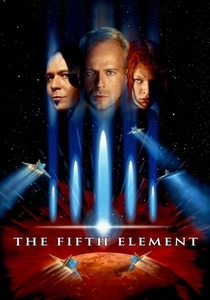
The Fifth Element (1997)
Description: While primarily an action-adventure, the film features elements of a strike against an alien threat, with the human race uniting to save Earth.
Fact: The film's futuristic setting and design have influenced many subsequent sci-fi films, and it features a memorable performance by Bruce Willis.
 Watch Now
Watch Now 
The Matrix (1999)
Description: While not explicitly about a strike, the film's core revolves around humanity's uprising against the machines that have enslaved them in a virtual reality, making it a quintessential sci-fi rebellion story.
Fact: The film popularized the concept of "bullet time" in cinema, and its philosophical themes have sparked numerous discussions and analyses.
 Watch Now
Watch Now 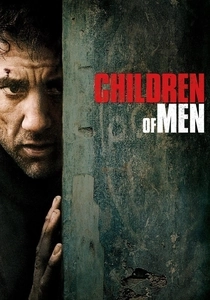
Children of Men (2006)
Description: Set in a world where humans can no longer reproduce, the film follows a man's journey to protect the first pregnant woman in 18 years, amidst a backdrop of societal collapse and rebellion.
Fact: The film was praised for its realistic portrayal of a dystopian future, with many scenes shot in real, decaying locations.
 Watch Now
Watch Now 
Equilibrium (2002)
Description: In a future where emotions are outlawed, a high-ranking government agent begins to question the regime after missing his daily dose of emotion-suppressing drugs, leading to a rebellion against the oppressive system.
Fact: The film was inspired by George Orwell's "1984" and Ray Bradbury's "Fahrenheit 451". It also features a unique martial art called "Gun Kata."
 Watch Now
Watch Now 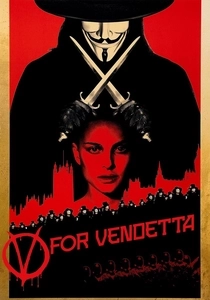
V for Vendetta (2005)
Description: Set in a dystopian future Britain, a masked vigilante known as "V" leads a rebellion against a totalitarian regime, inspiring the populace to rise up.
Fact: The film was adapted from Alan Moore's graphic novel, and the mask worn by V has become an iconic symbol of protest worldwide.
 Watch Now
Watch Now 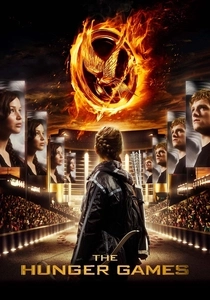
The Hunger Games (2012)
Description: Although primarily about a dystopian game, the underlying theme is the districts' rebellion against the Capitol's oppressive rule, culminating in a full-scale uprising.
Fact: The film series helped launch Jennifer Lawrence into stardom and was one of the highest-grossing film franchises of all time.
 Watch Now
Watch Now 
Elysium (2013)
Description: In a future where the rich live on a luxurious space station while the poor suffer on an overpopulated Earth, a desperate man leads a strike to bring equality to all.
Fact: The film's director, Neill Blomkamp, is known for his socially conscious sci-fi narratives, and Elysium was his follow-up to the critically acclaimed "District
 Watch Now
Watch Now 
Star Wars: Episode IV - A New Hope (1977)
Description: The Rebel Alliance's fight against the Galactic Empire is a classic example of a strike against tyranny, with the destruction of the Death Star as the ultimate act of rebellion.
Fact: The film was initially released without the "Episode IV" subtitle, which was added later when the prequels were planned.
 30 Days Free
30 Days Free 
